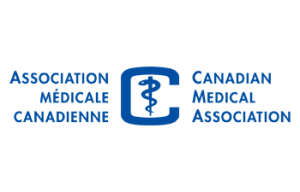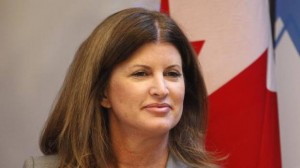 We talk about patient choice. We applaud patient-centric care. Our society values autonomy above all other virtues. But we squirm when we talk about healthcare appetite and curbing demand.
We talk about patient choice. We applaud patient-centric care. Our society values autonomy above all other virtues. But we squirm when we talk about healthcare appetite and curbing demand.
Should we curb our appetite for healthcare?
Can we curb appetite?
Are we fine curbing others’ appetites, just not our own?
People want more.
- More food.
- More clothes.
- More stuff.
- And more healthcare.
Free-Marketists say the invisible hand of the market will limit appetite. Supply and demand naturally curb consumption. But what about consumption based on need, not just want?
Medicare fundamentalists ration appetite with wait lists, regulations and bureaucracy. Red tape strangles appetite before it grows beyond the public purse regardless of torture-by-wait-list.
In the West, we believe more is better. We do not espouse enough. We do not believe in moderation. We imbibe, work and play to the limit and sometimes beyond. Restraint, discipline, delayed gratification and self-control belong to an old-fashioned ethic.
“Use it up. Wear it out. Make do or do without.”
Restraint made sense in wartime; everyone rationed to protect property and country. But not now.
Medicare dawned on the ashes of World War II. Citizens knew rationing. They remembered wheat rations and ‘patriotic foods‘. 25% of Canadians were rural in the 1960s, with less convenient access to healthcare. Today, most Canadians live in cities with better access to modern (expensive) care. (see Statscan here and here).
As 1940s parsimony becomes ancient history, we can expect appetite for healthcare to get bigger. Our system has “no brakes“.
Healthcare Appetite and Patient Choice
Patients need an incentive to consume less, or payers will ration care. Incentives imply choice. Choice implies patient control. Control must include responsibility for costs , or costs will sky-rocket.
Medicare fundamentalists believe patients are too stupid to be given control over anything, especially their health.
Some Medicare zealots realize that eliminating choice and rationing care smacks of totalitarianism. In response, they promote soft paternalism or libertarian paternalism. They believe we should create a society that makes it easy for people to make wise choices. Master planners should make it very hard for common people to choose what utopian designers have decided are bad choices.
Most of us find unrestrained appetite repulsive in others but invisible personally. Are we mature enough to discuss appetite and restraint or will we leave it to the state to define limits for everything?
“The more corrupt the state, the more numerous the laws.” – Cornelius Tacitus
We need to discuss our opinions about choice, appetites and limits. If we do not, choice will be removed by the state. Power will be given to (or taken by) a few who place arbitrary limits on everyone. Is that the kind of society we want?
(Photo credit: health.com)


